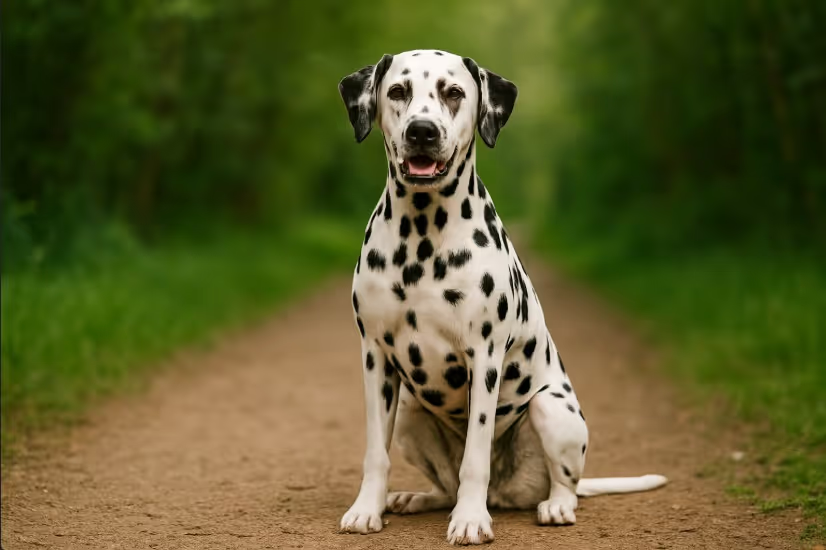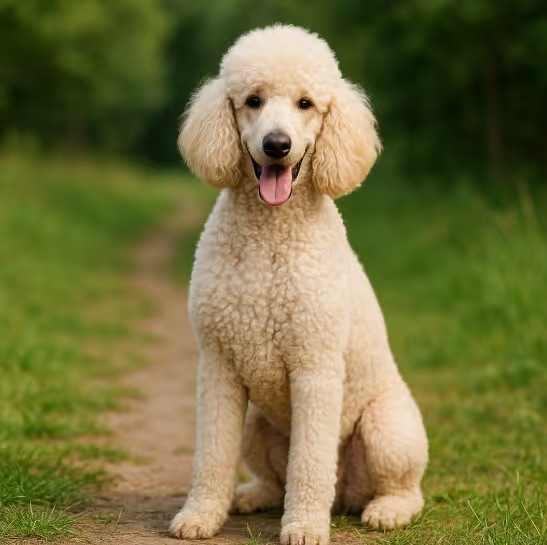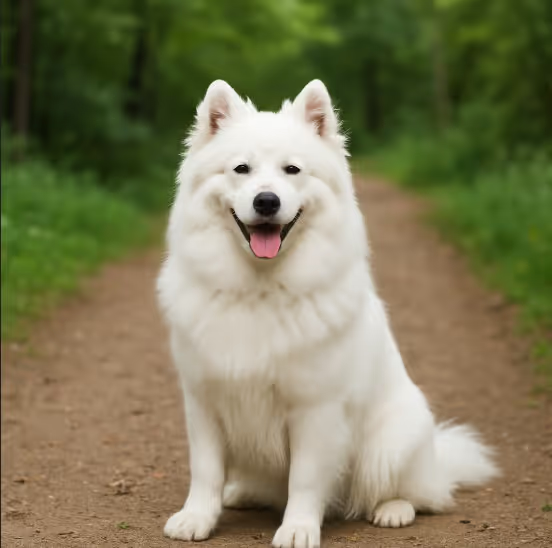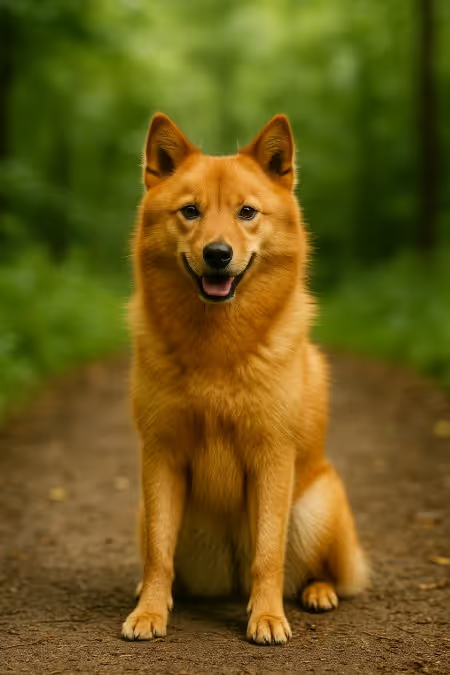The Non‑Sporting group spans many sizes and coat types - from dignified Chow Chows to clownish Bulldogs and poised Poodles. Care needs vary widely; research coat maintenance, activity levels, and health considerations to match your Canadian household.


The Dalmatian is a striking breed best known for its black or liver-colored spots and energetic personality. Originally bred as a carriage dog, this athletic and alert breed thrives in active households. Dalmatians are loyal, playful, and protective — making them excellent companions for runners, hikers, and families with older children. Their intelligence and independence can be both a strength and a training challenge.

The Poodle is a highly intelligent, elegant, and versatile breed known for its signature curly coat and exceptional trainability. Available in three sizes — Standard, Miniature, and Toy — Poodles are adaptable to a wide range of living environments. Despite their dignified appearance, Poodles are energetic, playful, and make wonderful family companions. Their hypoallergenic coat makes them a preferred choice for allergy sufferers.

The American Eskimo Dog, often affectionately called the “Eskie,” is a striking, fluffy white companion known for its intelligence, alertness, and friendly demeanor. Despite the name, the breed originated in Germany as part of the Spitz family and was popularized in the U.S. as a circus performer in the early 20th century. Eskies come in three sizes—Toy, Miniature, and Standard—and make excellent watchdogs and family pets. They thrive on companionship and mental stimulation, making them ideal for active households.

The Finnish Spitz is a lively and intelligent breed known for its fox-like appearance and distinctive vocal nature. Originally bred to hunt game birds in the dense forests of Finland, this breed excels in alertness and independence. Finnish Spitz are affectionate with their families, good with respectful children, and thrive in active households. They do best in homes with access to outdoor space and consistent companionship.